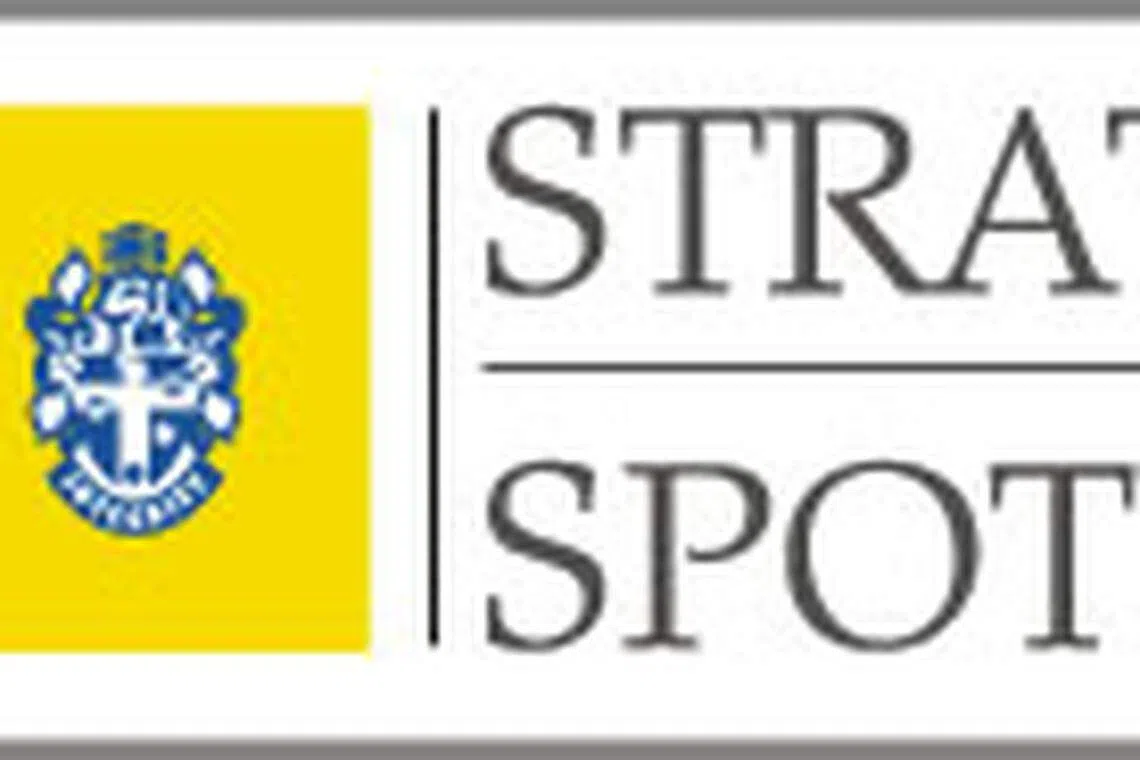What's hot, what's not on the M&A scene in 2016
Investors will be looking at consumer staples, financial services, tech and Internet-related sectors.
MERGERS and acquisitions (M&A) deals around the world look set to hit a record this year, surpassing the US$2.8 trillion value posted in 2007 before the global financial crisis, say industry watchers. But even as South-east Asia continues to be a market that investors are eyeing, the party may not last into 2016.
"We are seeing a slowdown in the number of deals being closed in recent months due to heightened uncertainties," said Keoy Soo Earn, Mergers & Acquisitions Leader at Deloitte Singapore and South-east Asia.
"In the next few months, we expect more deals to be cancelled or closed at a lower valuation in US dollar terms but I believe the South-east Asia M&A market will come back stronger once there is greater clarity in the economic outlook and political situation of this region," he added.
The milestone of the Asean Economic Community, expected at the end of this year, is likely to provide new business opportunities going into 2016.
As such, Mr Keoy believes that consumer products and services, as well as consumer staples, will remain hot investment sectors given the large and young population base of Asean.
He said substantial capital is also expected to be deployed in the next few years to build new infrastructure, or enhance existing ones, to increase connectivity within Asean and improve living standards.
Financial services will be another hot sector as this is a fundamental building block to support a growing economy.
Asean governments are also investing in technologies to improve digital connectivity domestically and within the region.
"This will provide the platform for businesses to access the large population in Asean digitally - eCommerce, financial technology, the Internet of things and cyber security will be some of the newer investment areas," said Mr Keoy.
The Singapore market continues to be a good hunting ground for investors given the level of transparency and corporate governance.
"Singapore companies with regional footprints facing succession considerations are prime targets for investors," said Mr Keoy.
But much will also depend on how investor sentiment in Singapore is affected by economic considerations.
Economists expect Singapore's growth prospects in 2016 to remain sluggish. "We expect a slight acceleration in growth from the 2 per cent forecast for 2015 to around 2-3 per cent for 2016, but this is contingent on the US Federal Reserve remaining cautiously benign in its policy normalisation and China's growth stabilising ahead," said Selena Ling, head of treasury research and strategy at OCBC Bank.
The Chinese economy has been hit by extreme stock market volatility over the last few months along with weak economic data, causing concern in markets around the world.
China's latest third quarter economic data showed the economy grew 6.9 per cent, the weakest rate in five years, but there is still a silver lining. "China's economy may be slowing but it is not tanking," said Song Seng Wun, regional economist at CIMB Private Banking.
Mr Song cites healthy growth in Chinese products such as medical supplies for hospitals and other healthcare needs.
He said Chinese investments should also grow about 7 per cent this year in line with the country's broader economic expansion.
As for the US, he said economic growth is still not broad-based. "Goods producing industries seem to be doing alright but the services sector, which makes up two-thirds of the US economy, is still not quite there yet," said Mr Song.
He noted that the US labour market may be creating jobs but the net labour market is still seeing "some slack" from its highs and this could result in wage pressures on the economy. "Therefore, it is not yet time for the Federal Reserve to tighten interest rates because external factors may still prevail which may put a drag on the US economy," he said.
The Singapore economy, being small and open, remains susceptible to these global headwinds which could persist well into 2016.
"With the US, EU and China tipped to only expand around 2.3 per cent, 1.8 per cent and 6.8 per cent respectively in 2016, there will not be a V-shaped recovery in Singapore's export performance in the near-term," said Ms Ling.
In mid-October, the Monetary Authority of Singapore (MAS) eased its Singapore dollar policy marginally by maintaining a modest and gradual appreciation of the currency but at a slightly slower pace.
MAS cited the "measured adjustment" as being supportive of economic growth in 2016 while ensuring price stability over the medium term.
Still, the structural challenges for Singapore remain an ageing population, productivity growth and innovation, and fresh growth engines to catalyse Singapore's next phase of economic development.
"With the appointment of a new Finance Minister and plans for reconvening a committee to re-examine Singapore's economic strategy going ahead, there may be fresh or retweaked plans to restructure the Singapore economy in light of the current economic challenges," said Ms Ling.
With both domestic and global challenges expected to continue, analysts agree that investors may do well to maintain a diversified investment portfolio going into the new year.
Investment Strategy 2016
According to OCBC Investment Research, a diversified investment portfolio for 2016 is still the best approach. But in this type of low-flation environment, the search for yield is likely to persist.
This series is brought to you by CPA Australia to share knowledge on topical issues relevant to business, finance and accounting.

BT is now on Telegram!
For daily updates on weekdays and specially selected content for the weekend. Subscribe to t.me/BizTimes
Companies & Markets
Microsoft beats estimates as AI drives revenue
Crypto firm sues SEC to fend off oversight of Ethereum
Snap beats first-quarter expectations, shares jump 25%
Google parent announces first-ever dividend; beats on sales, profit; shares soar
Baltimore’s trapped ships start leaving as new channel opens
S&P slashes Boeing credit outlook as rating hovers above junk status
